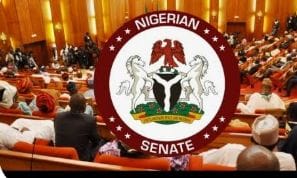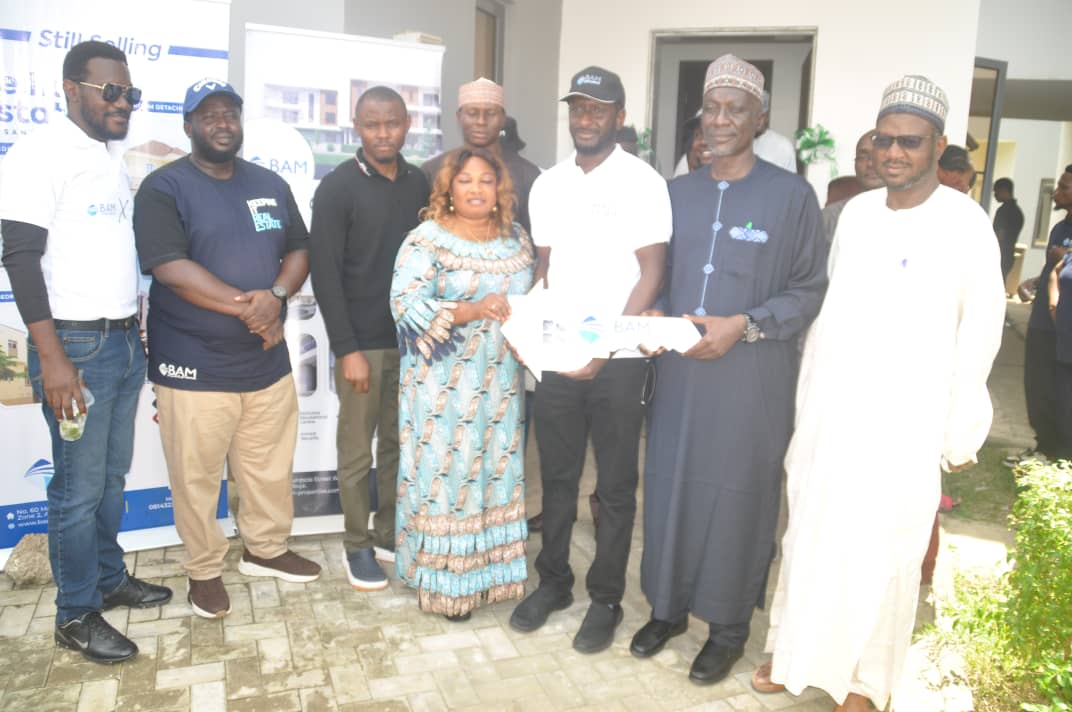…Says Buhari Declined Last Bill Due to Late Transmission
The Leader of the Senate, Senator Opeyemi Bamidele, has assured Nigerians that the ongoing amendment to the Electoral Act, 2022, will be completed on or before December 2025, to ensure its full implementation in the 2027 general elections.
Bamidele, who represents Ekiti Central Senatorial District, gave the assurance on Tuesday in a statement issued shortly after President Bola Ahmed Tinubu’s request to the Senate to confirm Professor Joash Amupitan (SAN) as the new Chairman of the Independent National Electoral Commission (INEC).
President Tinubu had forwarded Amupitan’s name to the Senate for confirmation following the unanimous approval of his appointment by the National Council of State last week. The law professor succeeds Professor Mahmood Yakubu, whose tenure recently ended.
According to Bamidele, the National Assembly has learnt from past experiences and will ensure that the proposed amendments are concluded well ahead of the next general elections to avoid delays that previously hindered presidential assent.
“The only reason the last administration did not sign the final amendment of the Electoral Act in 2022 was because it was transmitted to the Presidency too close to the general elections,” Bamidele said.
He explained that the National Assembly had initially sent an earlier version of the Bill that former President Muhammadu Buhari signed into law, but when lawmakers sought to correct the disenfranchisement of statutory delegates, the revised document was returned late.
“Late President Buhari noted that the Bill was coming too close to the elections and feared it could be misinterpreted by the public, hence he withheld assent. Between now and December 2025, we will ensure that the amendment of the Electoral Act is completed early enough to guide the 2027 polls,” the Senate Leader assured.
Bamidele, who also serves as the Vice Chairman of the Senate Committee on the Review of the 1999 Constitution, said the current amendment process would be thorough and inclusive, involving key stakeholders such as the Nigeria Governors’ Forum (NGF) and the Conference of Speakers of State Legislatures.
He dismissed speculations that the Presidency might oppose the ongoing review, saying all arms of government are working together to strengthen democratic institutions.
“I do not foresee any form of resistance because relevant public institutions are collaborating with the National Assembly for the successful review of the 1999 Constitution. Global best practices will be adopted, especially in domesticating international treaties and agreements that enhance governance,” he stated.
Reacting to criticism from opposition parties, Bamidele maintained that the ruling party remains focused on its development agenda despite political distractions.
He said, “No matter how well a government performs, the opposition will never agree it is doing well because their goal is to reclaim power.
“They would prefer to see conflict between the executive and the legislature. But our focus is on rebuilding Nigeria, stabilising the polity, and growing the economy, and we will not be distracted.”
Bamidele further disclosed that the third legislative session of the 10th National Assembly would prioritise key reforms, including the amendment of the Electoral Act, the review of the 1999 Constitution, and other bills aimed at improving governance and accountability.
He added, “We have a lot to address in this session, from refining our electoral process to strengthening constitutional provisions that promote transparency and inclusion.
“The Senate is determined to complete these reforms in good time so that Nigerians can begin to experience the benefits before the 2027 elections.”
Bamidele’s comments come amid renewed efforts by the National Assembly to reform Nigeria’s electoral and constitutional frameworks, a move seen as crucial to ensuring credible elections, political stability, and deeper democratic consolidation ahead of the next electoral cycle.





